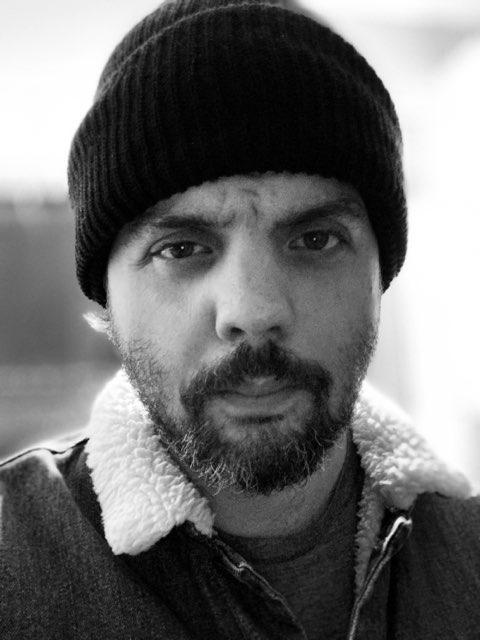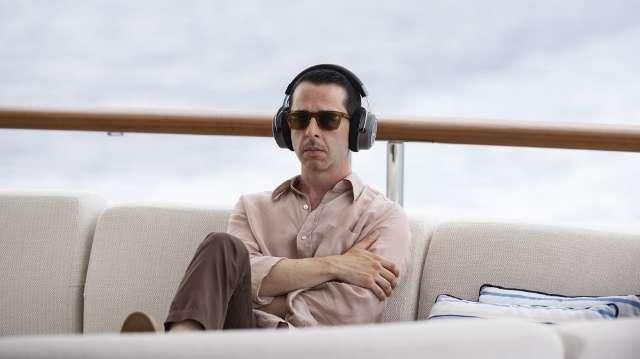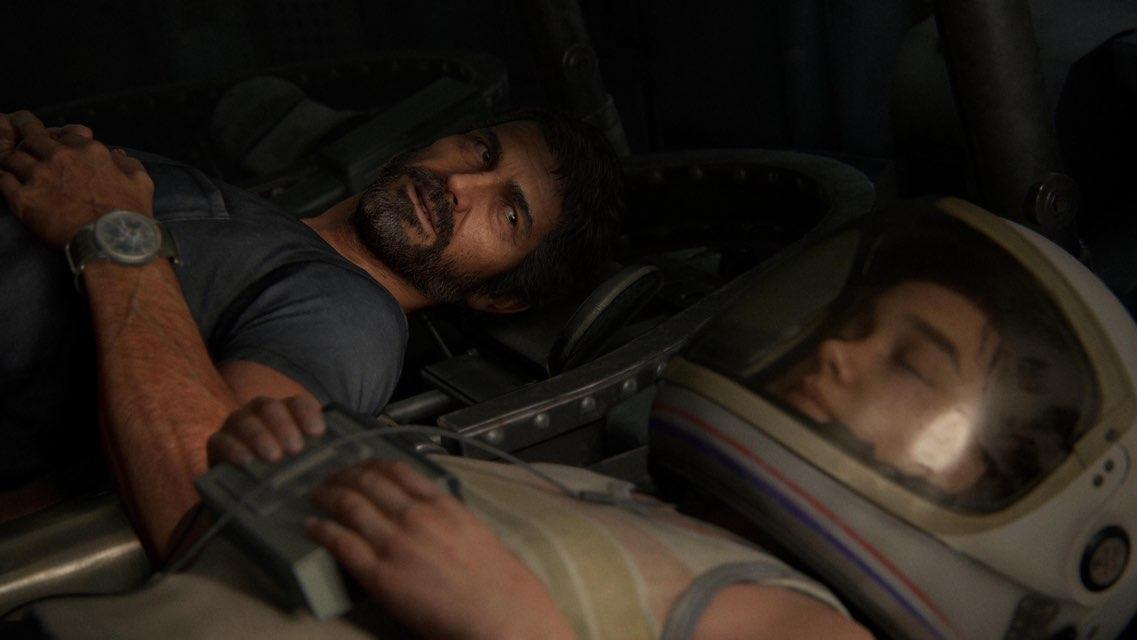

No Country for Old Men
Books | Fiction / Literary
4.2
(2.1K)
Cormac McCarthy
From the bestselling author of The Passenger and the Pulitzer Prize–winning novel The Road comes a "profoundly disturbing and gorgeously rendered" novel (The Washington Post) that returns to the Texas-Mexico border, setting of the famed Border Trilogy. The time is our own, when rustlers have given way to drug-runners and small towns have become free-fire zones. One day, a good old boy named Llewellyn Moss finds a pickup truck surrounded by a bodyguard of dead men. A load of heroin and two million dollars in cash are still in the back. When Moss takes the money, he sets off a chain reaction of catastrophic violence that not even the law—in the person of aging, disillusioned Sheriff Bell—can contain.As Moss tries to evade his pursuers—in particular a mysterious mastermind who flips coins for human lives—McCarthy simultaneously strips down the American crime novel and broadens its concerns to encompass themes as ancient as the Bible and as bloodily contemporary as this morning’s headlines.No Country for Old Men is a triumph.
AD
More Details:
Author
Cormac McCarthy
Pages
320
Publisher
Knopf Doubleday Publishing Group
Published Date
2007-11-29
ISBN
0307390535 9780307390530
Ratings
Google: 4
Community ReviewsSee all
"My opinion:
I'm one of the readers who saw the movie first, so not much of what unfolded surprised me but what I appreciated most was how The Coen Brothers stuck to the essence of the book, capturing the underlying message, and marrying the visual aesthetic with the matter-of-fact prose and overall tone of the book. Very little was lost in translation, and having seen the film I was able to imagine the characters in the book as the actors who played them in the movie. For the most part. The book itself works so well for a person who has seen the movie first because it is first and foremost a work of rugged poetry and philosophic rumination and introspection. One can read a passage and sit and reflect without missing a narrative beat. In the film this type of reflection would happen after and over a longer course of time. I do like the dirt simple style of how it is written. You can almost feel the country crushing under the narrative boots in your mind
It has a cold forsaken tactile feel. It reminded me of Steinback's THE GRAPES OF WRATH. Having said that I was annoyed more than once at Cormac MacCarthy's insistence at not using quotation marks for his dialogue. Apparently he thought they looked messy on the page, but in my experience in reading this, it felt pretentious and saddled me with another unnecessary challenge in terms of getting into (and staying with) the narrative. Also, the movie captured the essence of the book, knowing when to employ its own cinematic punctuation (musical cues) to create a world where something hopeful and exciting would take away from the aesthetic of the story. In not filling Texas with a score they managed to capture the desolate nature of that setting with those characters. Knowing when and when not to use something to present a story in a medium is key. Cormac doesn't do that for me when leaving out that punctuation.
This is one of those rare occasions when the movie is better than the book. The book is still good."
"(Includes spoiler) I tried really hard to like this book and to finish it. Read it 75%, began skimming, then finally decided I was done wasting my time. For me… this was hard to follow; who was being discussed changed in an instant as did the story telling… one minute you’re in a motel with Llewellyn and the very next you’re in the morgue identifying his dead body… with no story about what happened. There were plenty of murders detailed in the book, but not the one the book got you invested in. "
""when he rode past I seen he was carryin fire in a horn the way people used to do and I could see the horn from the light inside of it. About the color of the moon. And in the dream I knew that he was goin on ahead and that he was fixin to make a fire somewhere out there in all that dark and all that cold and I knew that whenever I got there he would be there."
Some good metaphors and polysyndeton are all I ask for from Mccarthy. This one kinda read like a screenplay for most of it, but I love the ending quote above regardless.
"
Similar Books
4.1
4
4.3
4.3
4.4
4.4
3.9
3.7
4.4
3.6
4.3
4.4
3.6
3.5
4.2

3.4
4
3.6
3.1
4.6









